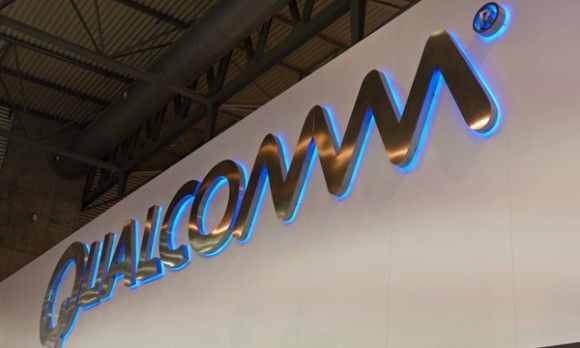Business
US files lawsuit against Qualcomm for 'forcing' Apple into chip deal

New York, Jan 18: The US government has filed a lawsuit against global chip manufacturer Qualcomm of forcing Apple to use its chips in exchange for lower licensing fees, thus maintaining monopoly by excluding competitors and harming competition.
In a statement, the Federal Trade Commission (FTC) on Wednesday accused Qualcomm of maintaining a monopoly over chips for cellular phones through a "no license, no chips" policy under which it will supply its baseband processors only on the condition that cell phone manufacturers agree to Qualcomm's preferred license terms.
That policy imposed "onerous" supply and patent-licensing terms to extract high royalties from cell phone makers and weaken competitors, the commission said.
"Qualcomm recognised that any competitor that won Apple's business would become stronger, and used exclusivity to prevent Apple from working with and improving the effectiveness of Qualcomm's competitors," the FTC statement said.
"Despite its commitment to license standard-essential patents on FRAND terms, Qualcomm has consistently refused to license those patents to competing suppliers of baseband processors," it added.
Fair, reasonable and non-discriminatory terms (FRAND) denote a voluntary licensing commitment that standards organisations request from the owner of an intellectual property right (usually a patent) that may become, essential to practice a technical standard.
Meanwhile, Qualcomm refuted FTC's charges, saying that the lawsuit was based on "flawed legal theory."
"Qualcomm has never withheld or threatened to withhold chip supply in order to obtain agreement to unfair or unreasonable licensing terms. The FTC's allegation to the contrary -- the central thesis of the complaint -- is wrong," the company was quoted as saying in a CNET report.
Apple did not respond to a request for comment, the report added.
The South Korean Fair Trade Commission recently slapped a $850 million fine on Qualcomm for maintaining an "unfair business model" and creating a monopoly with its practices.



































